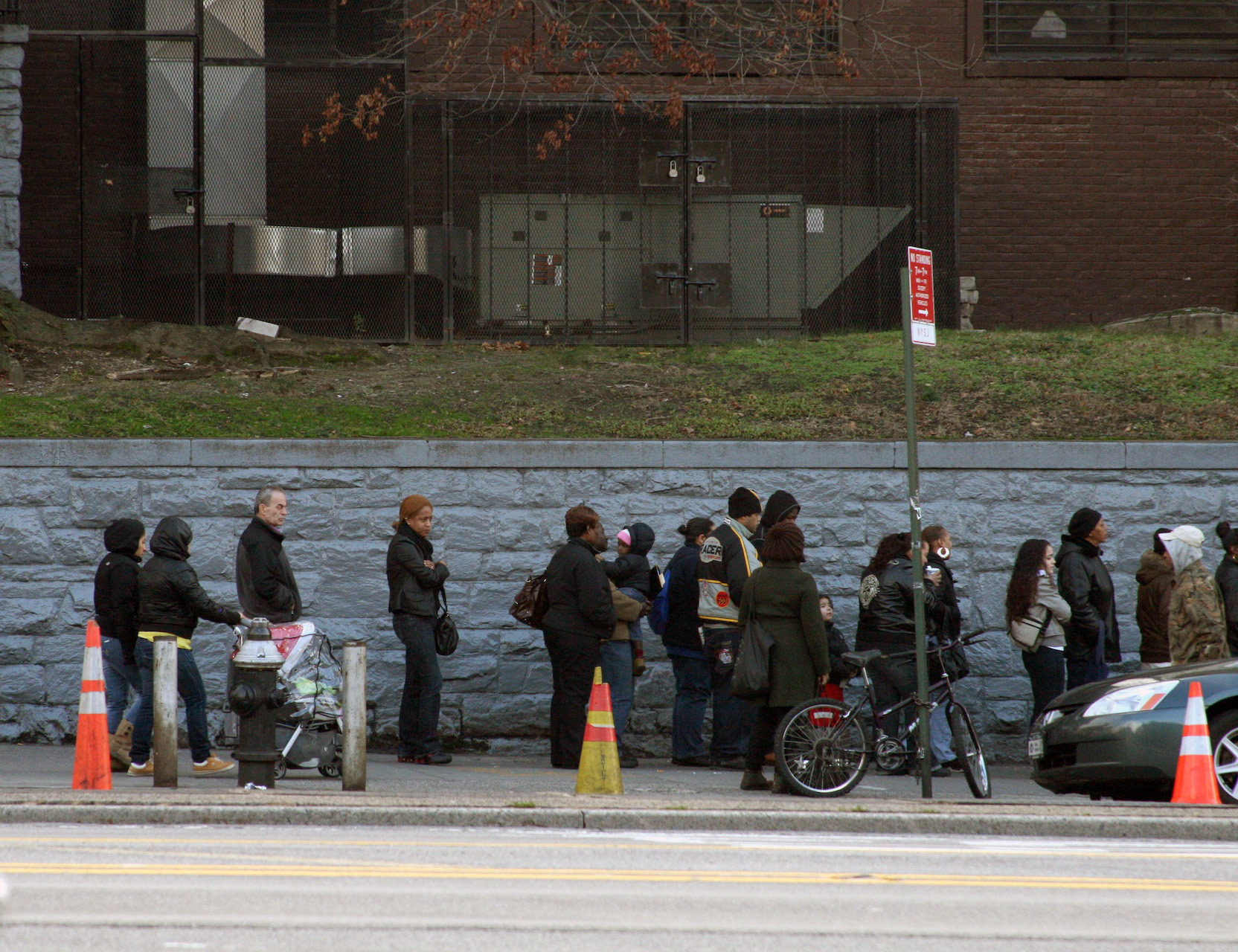Some Bronx housing advocates are worried that the city program designed to help protect low-income residents from being evicted is not nearly tough enough to protect those most in need of protection from unscrupulous landlords.
New York started its Emergency Rental Assistance Program on June 1 to provide economic relief to tenants left vulnerable after the economic downturn that has resulted from the pandemic. Households earning below 80% of the Area Median Income are eligible if they’re having trouble paying their rent and utilities.
To qualify, a member of the household must prove financial hardship due to the pandemic and that they are at risk of being left homeless.
Álvaro Franco, a community organizer at Northwest Bronx Community and Clergy Coalition, said the program “completely falls short” of what the government should be doing to protect low-income renters. He called the program “a watered-down version” of his coalition’s original goal: cancellation of rent.
“I can tell you from experience that the application takes usually up to an hour or more, and it requires someone with tech-savvy experience to navigate through it page by page, as well as someone that ideally would have their own tablet or laptop or access to it,” he said.
When his coalition assisted residents with the application earlier in July, Franco said they faced technical challenges, including basic glitches such as the website not allowing applicants to continue because of errors with their social security numbers and birth dates.
“It was incredibly frustrating,” said Franco. “I tried to make the best out of it and tell people this is an educational experience as to why you should have no illusions that the state government really cares about you, or that they’re not in the pockets of real estate.”
Ariadna Phillips, founder of South Bronx Mutual Aid, used her platform to spread resources about the program, because “on-the-ground mutual aid, tenant organizing, and direct action are essential to families knowing in their home language, that programs like the Rental Assistance Program exist.”
Benefits of the program include financial support for up to 12 months of rent, electric or gas payments accrued on or after March 13, 2020.
Undocumented residents are eligible to apply because immigration status is not considered in the application process. Those New Yorkers are especially vulnerable because landlords have been known to threaten to report them to Immigration and Customs Enforcement, said Phillips.
“We’ve seen these tactics employed to abuse tenants that have lost work or become ill during the pandemic and been unable to pay back rent. Instead of abiding by the law, including an eviction moratorium, we’ve seen intimidation of tenants,” she said.
If families believe there is a possibility of an ICE raid on their building, she recommends reporting it to ICEWatch so community advocates can intervene.
“Many families do not know where to turn and believe they cannot get help.”
The application is available in several languages, though Franco says the translations are bad.
“As a bilingual Spanish speaker, I thought the way that certain terms were translated was very shoddy and it’s just not set up in a format that is friendly to the tenants that we typically work with,” he said.
During the first month of the program, households neediest of assistance were prioritized, but since July 1 all eligible households that apply are being processed on a “first-come, first served basis, as long as funds remain available,” he added.
Applicants need to show proof of residency, with a signed lease — even if it is expired — or proof of lease through a receipt, a check, or a landlord’s confirmation. But many renters don’t have a lease, or live in unregistered apartments, Phillips cautioned, leaving them “vulnerable to illegal and abusive tactics, including but not limited to assault by management agents.”
Another loophole in the program, Franco said, is the requirement landlords cooperate, pointing to cases where landlords refuse to provide necessary documents, such as deeds or tax documents.
“The tenant is doing everything on their part, but they’re left with anxiety,” he said.
Tenants who lack the necessary documentation or a landlord’s say-so should assemble mail or dated addressed to them, or photographs and videos, showing that they live in the place they say they do, Phillips advises, adding that tenants from the same building should form group chats using apps such as WhatsApp or Signal to discuss landlord behavior and building conditions so they can help each other out.
Finally, the Office of Temporary and Disability Assistance, which oversees the Rental Assistance Program, needs to be more transparent and communicate better, Franco said. His group received numerous questions from worried tenants who thought they missed the deadline before the program even began. Many are still confused about how long they should wait to hear back after submitting their applications, as well as when the funds will be dispersed.
“Don’t unveil a program unless the kinks are already worked out,” he said.
The application is available online for tenants to fill out at any time.

